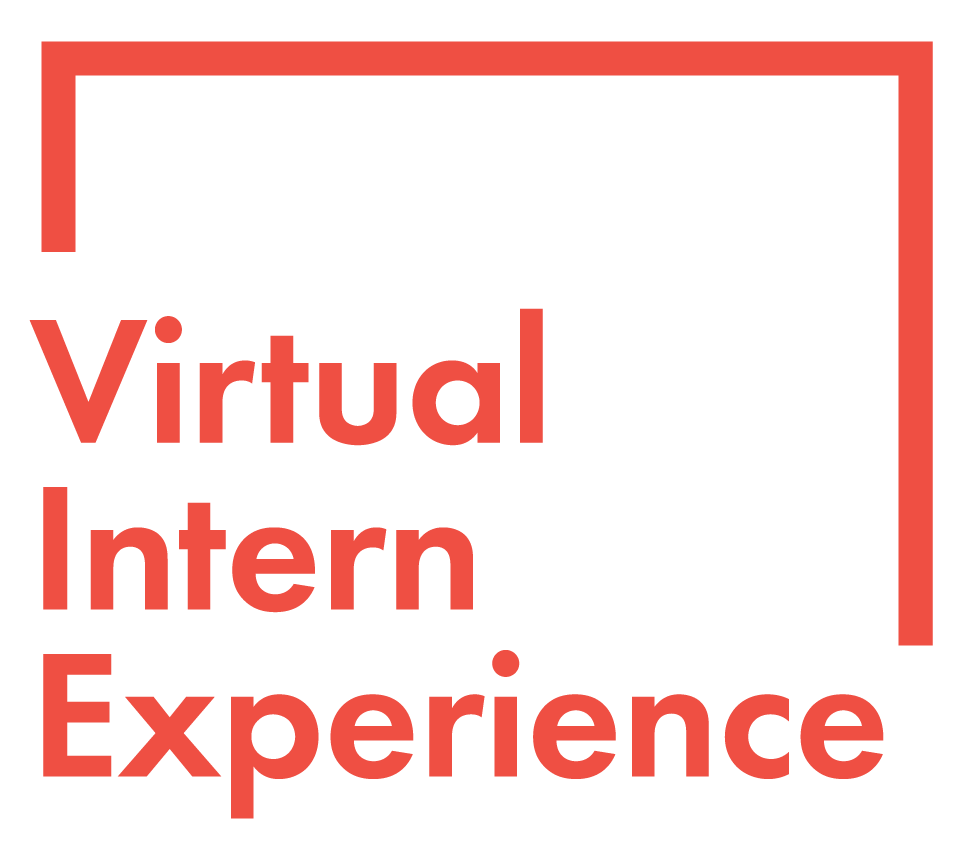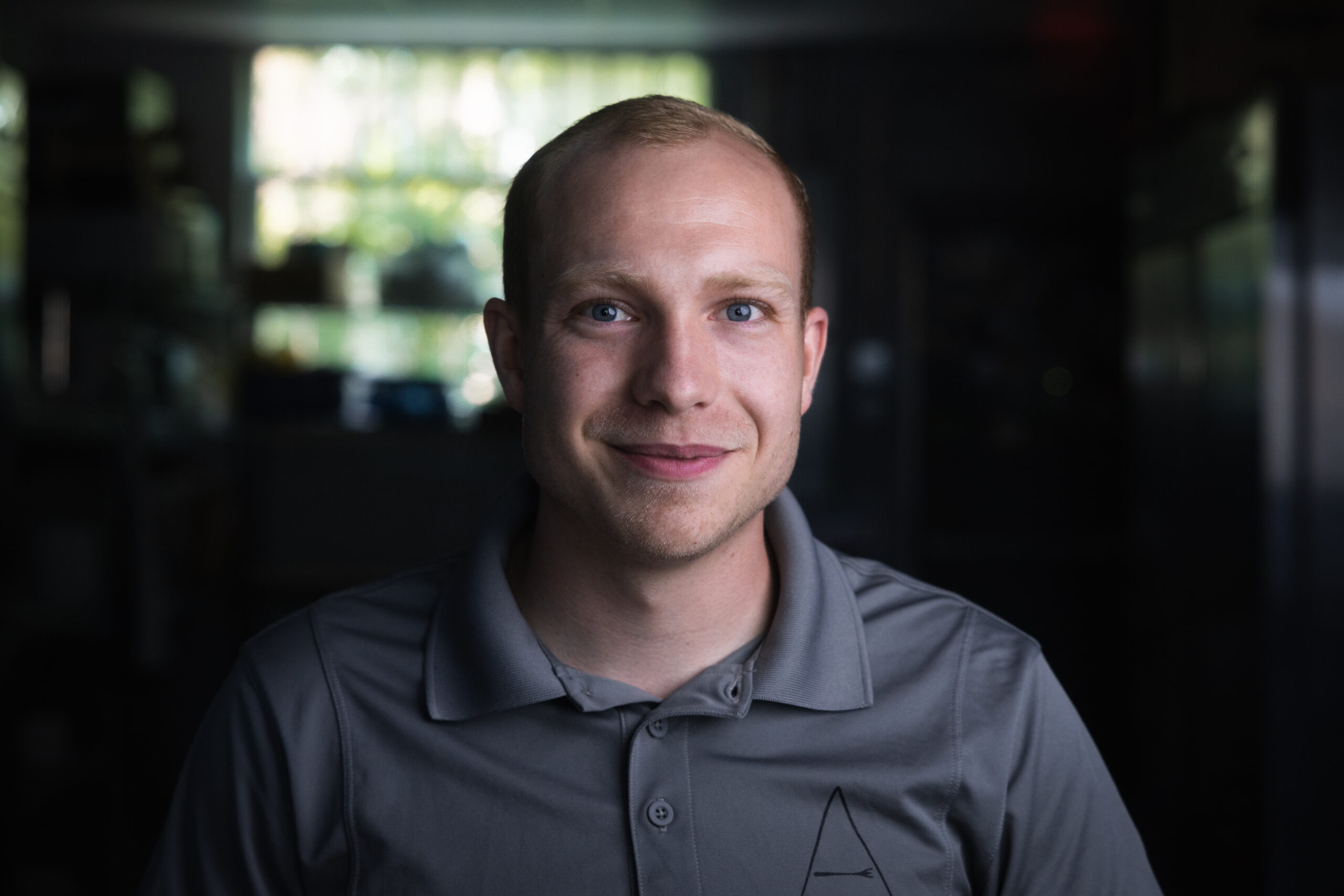
Mike Eckles
Private Chef, Star on Netflix’s Pressure Cooker Season 1
A Recipe of Hard Work
A Recipe of Hard Work
As a young kid, Mike Eckles always knew he wanted to be a chef. Despite his good grades, Eckles attended his school’s vocational school to help him gain experience in the industry. When the pandemic hit in 2020, Eckles was able to understand where his true passions lead and made a business plan for expanding as a private chef. Now, as the owner of Abode Fine Dining in Detroit, Eckles has appeared on Netflix’s “The Pressure Cooker” where his real life experience and strong work ethic elevated his platform to reach tables he never imagined he could serve. Eckles highlights the importance of getting real life work experience and the value of treating people right.

Click to Read Full Episode Transcription
Hi, my name is Mike Eckles.
I’m the chef at a Abode dining at Private Chef company.
And this is virtual intern experience.
I was always just posting things on my business, social media, just trying to, you know, get clients.
I had about 700 followers when people from Netflix started seeing my food.
So they gave me a call and said, “Hey, would you be interested in going on this show?”
I said, sure. And then the interview process was a lot.
I had so many Zoom calls and resume forms and photos of dishes and all of this different stuff that I had to send them.
I probably spent five hours a week for a couple months working on all this stuff for Netflix.
But then I got on the show, they flew me out to Los Angeles.
I’m in a warehouse living there for three weeks, just filming.
It was a competition, but besides that, it was just cooking as usual pretty much.
And then when the show came out though, everything exploded; my social media exploded.
People were coming from other states to have dinner parties.
People would come in from California, get an Airbnb here and have a dinner.
Like, it was wild.
People flew me out to Mexico to do a pop-up restaurant.
It gave us a lot of credibility and prestige to our regular clients, which was great, you know, so I’m pretty happy about everything that went on at Netflix.
I knew I wanted to cook.
Even in high school, I worked at a couple different restaurants.
I started off just humbly washing dishes, you know, moved my way up, worked my way through the kitchen, so I was ready for it.
By the time I got to college, it was called ec in our county; in Oakland County, it’s like a technical school for kids.
So kids often go there when their grades aren’t good.
But I went there with good grades ’cause I wanted to cook.
And I’m like, why am I wasting my time learning about US history or whatever other classes they had?
When I knew I wanted to cook, I knew what I wanted to do.
So that’s what I did. And in that school, it was great because they had competitions where you learned a lot.
You could get free school. I got some scholarships through what’s called Skills, USA.
It’s a big cooking competition throughout the whole nation.
So the resume definitely helps you get jobs at places.
But really at the end of the day in cooking, it’s, show me what you got.
So you’ll come and you’ll do a sta.
A sta is just like a job interview.
You show up to the kitchen and then you just cook for free for a day.
And that determines if they hire you or not.
It’s not like the resume matters. Sure, it’s really about can you cook?
And then as you move up the chain, once you’re executive chef, sous chef, they’re gonna start having you plan and cook menus.
So say, “Hey, prepare some menu in one hour. We want to taste it,” just like maybe a cooking show you might see.
So that’s really what it’s like.
I started my own business during Covid and the reason for that was I was, you know, slaving away at the restaurant working 70 hours a week, always preoccupied with stuff.
And then once Covid hit, I was working an average workload of 40 hours a week and I had all this free time.
I said, man, you know, I really like doing these dinner parties.
I’ve done them for myself, I’ve done them for my friends in the home.
I feel like I could do this.
So I kind of just put my business plan together little by little, made the name, made the website, got my social medias up, all that stuff.
Made my business plan. How am I gonna market myself?
I talked to people; anyone who I knew who I thought could help me, I just went and reached out and said, “Hey, can you give me some advice?”
I had a list of questions for them so I’m not wasting their time.
That’s really how I started.
In terms of the risk of starting a business, a lot of people say starting a business is like jumping out of an airplane and building the parachute on your way down.
At least for me, that is so far from the truth.
You can take a complete risk or you can have a very planned action and steps to those actions.
So when I started my business, I had a second job and it was a prep shift at a restaurant, and they always needed my help.
So I could work there 60 hours a week, I could work there 10 hours a week.
It did not matter; they needed me.
So when I started my own business, I worked it out with them.
I was like, “Hey, can I work for you just tentatively as I’m trying to start my business?”
They said, sure.
So I worked for them full-time for a couple months and then the business kicked off and I never went back.
I knew I could pay my bills. There wasn’t a risk.
I told myself even if I fail completely, I can just go back to the restaurant and pick up where I left off.
So really there was not as much risk for me as for other people.
Like this kitchen that I’m sitting in right now, it was a lot of money to get it up and running, but I did not do that initially.
I definitely took my time, did stuff at some other people’s homes and things like that before I was able to take a big investment.
I would say the most challenging part of owning your own business is all the hats you have to wear.
Especially when you’re small scale, it’s like you have to do the marketing, you have to do the paperwork, you have to do the accounting, you have to do the payroll; you have to do every single thing you have to do.
And no one really teaches you this stuff.
Like, I don’t know if you go somewhere to learn how to do payroll or what a payroll company does or any of that, but you just have to pick it up, roll with the punches and learn as much as you can.
You know, I consulted a lot of old chefs for a lot of things.
Obviously I was good at cooking and I had to learn everything else for the business.
I really think that the restaurant industry in general, especially fine dining, is just growing, especially in places like Metro Detroit, just because there’s a lot of shows about them.
People are interested; it’s cool, there’s like fire, there’s like tasty food, delicious—who doesn’t like tasty food?
So I really think that the media that’s been circling around cooking recently, Gordon Ramsey type figures, is actually pushing people to go out and try new food more, which is great for guys like me.
You know, people are interested in what you’re doing.
Restaurants are opening every month and people are flocking to them.
I haven’t seen too many restaurants close recently just ’cause people want to go eat.
If I could go back in time throughout my career, I would probably try to spend a little bit more time learning before I jumped into owning my own business.
Covid kind of gave me a jumpstart on that, but I would’ve liked to go to France or go to, you know, some of these New York City
Interested in Hearing More?
Check out the short clips below to hear more from Mike Eckles and gain insights that can help you, in and out of the work place.
Fine dining is not always what it seems! Listen to Mike Eckles share an experience that captures what the culinary industry is really like!
Mike Eckles: Business owner, private chef, star on Netflix’s “Pressure Cooker”, and advocate for a microwaved hot dog.
There is nothing quite like some homemade pasta! If Mike Eckles says it’s a good way to impress someone on a budget- we will agree!
